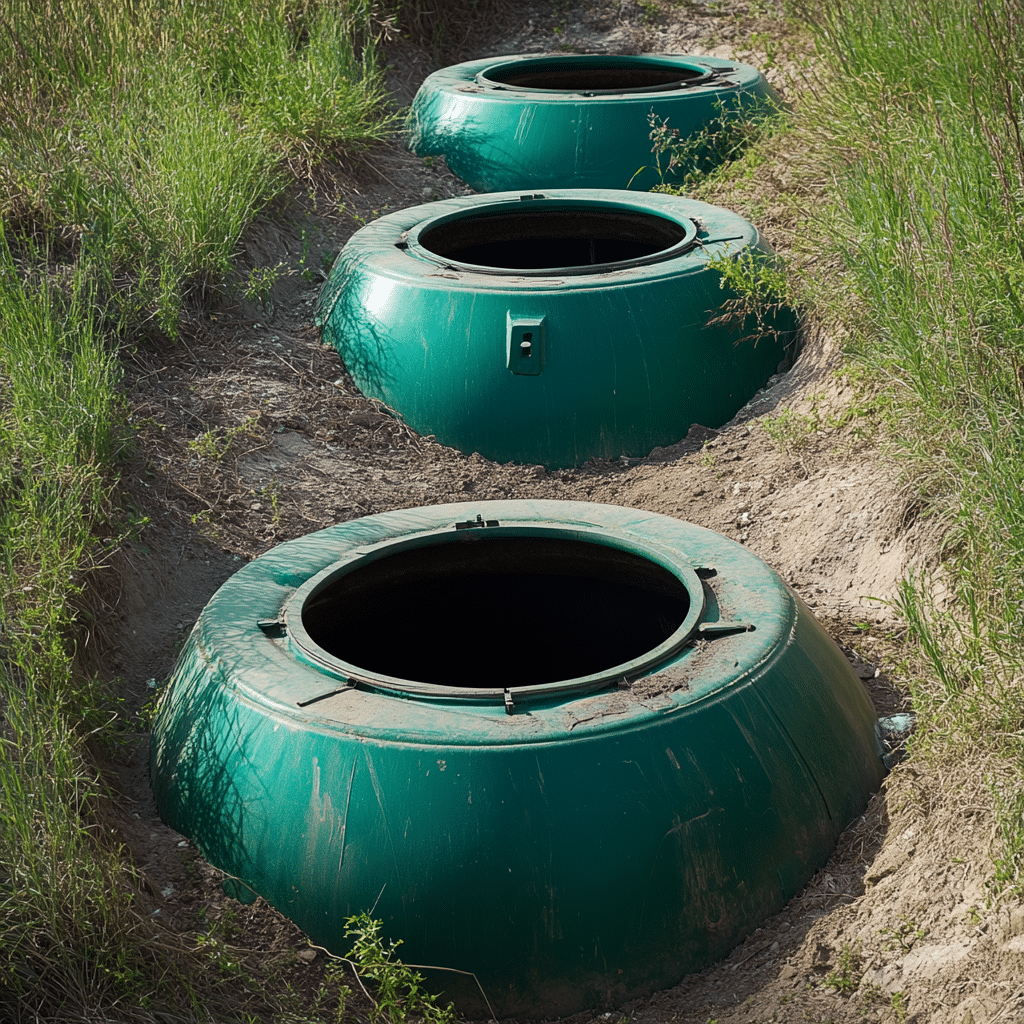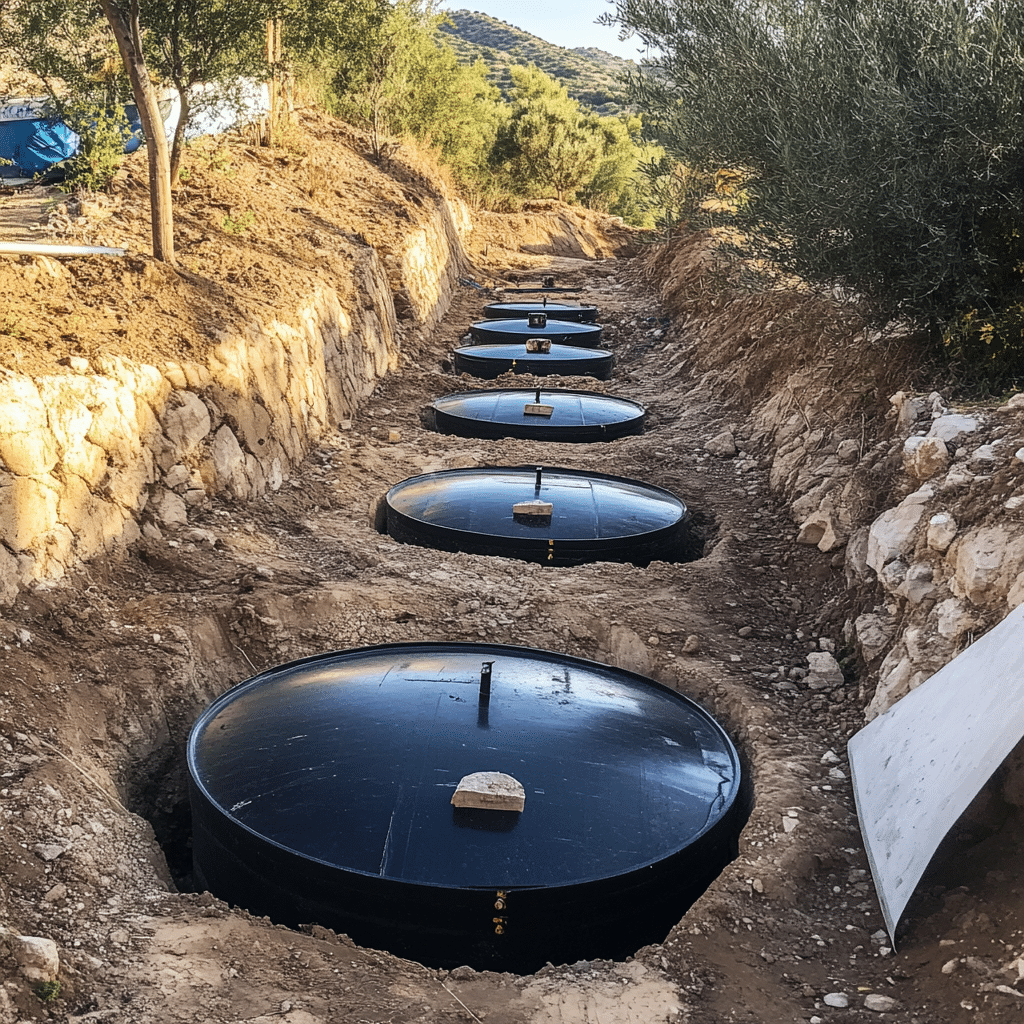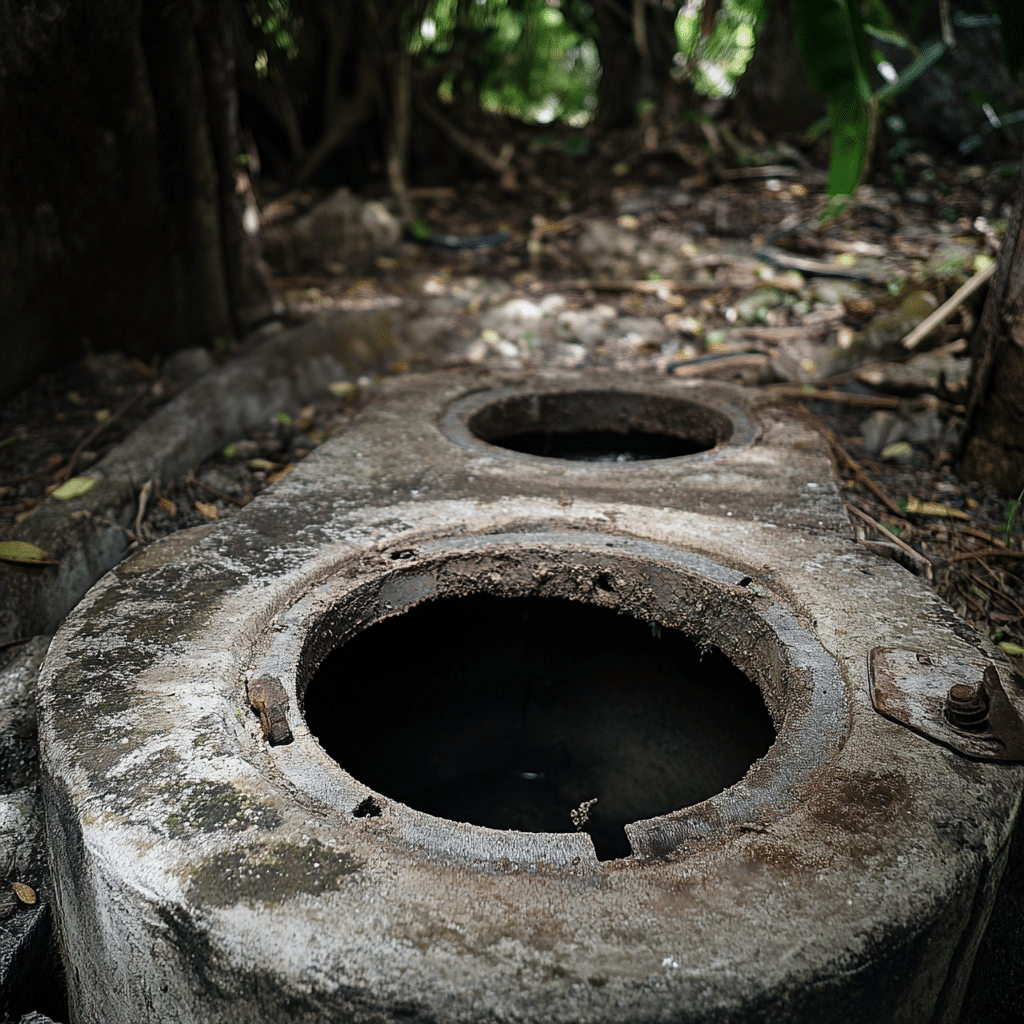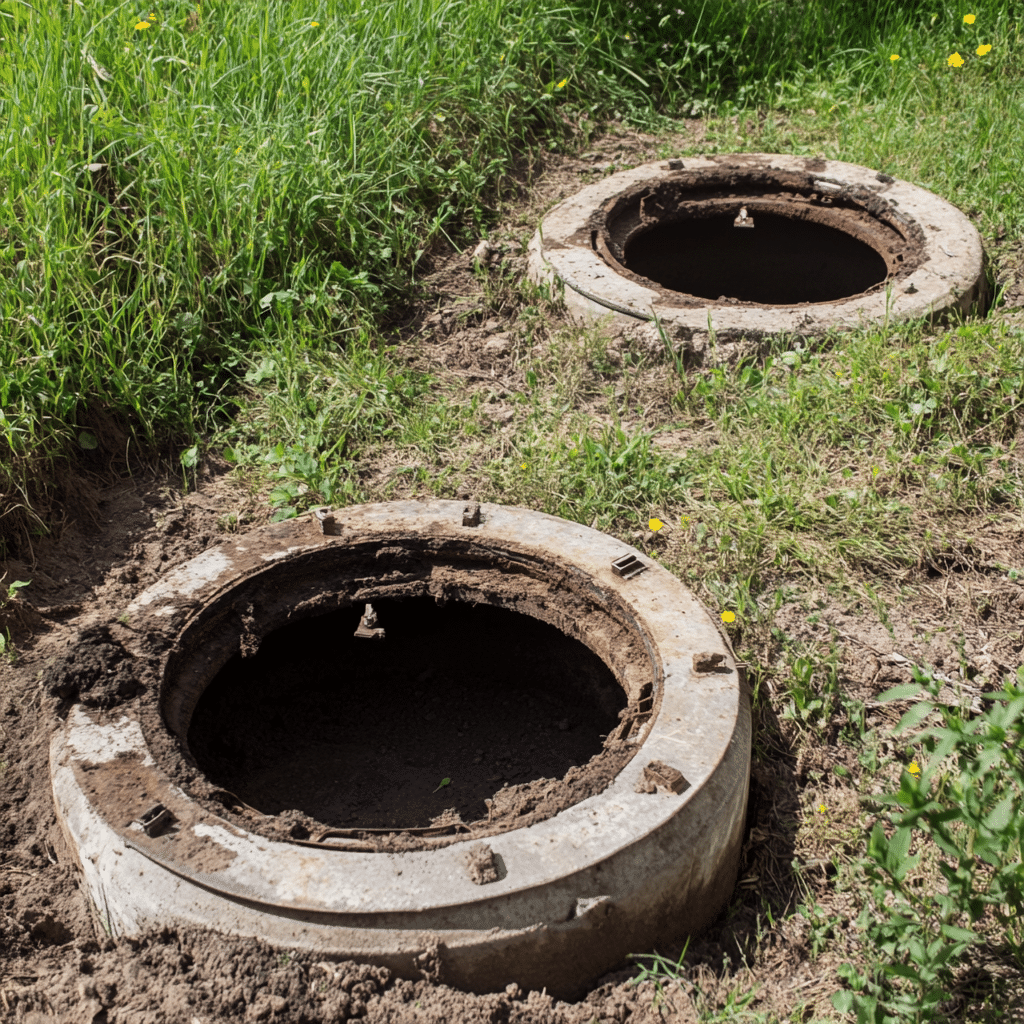When we think of modern waste management, septic tanks might not be the first thing that comes to mind. Yet, these underground systems are crucial, especially in areas lacking centralized sewage services. Septic tanks serve as eco-friendly solutions to dispose of wastewater from homes and small communities. They efficiently treat waste, ensuring that our environmental footprint remains minimal.
Understanding Septic Tanks: A Key Component of Eco-Friendly Waste Solutions
So, how do septic tanks actually work? When wastewater flows into a septic tank, it undergoes natural treatment. Solids drop to the bottom, creating a sludge layer, while lighter substances like fats and oils float to the surface, forming a scum layer. The middle liquid layer, called effluent, exits the tank and is filtered through soil. This natural filtration process further purifies the water before it seeps into groundwater. This is where the magic happens.
When it comes to septic tanks, not all varieties are created equal. Traditional concrete tanks are durable yet heavy, great for stability, while plastic tanks are lightweight and rust-resistant. Aerobic treatment units, on the other hand, utilize oxygen to speed up decomposition processes. Choosing the right type is essential and often depends on local regulations and the soil type on your property.

Top 5 Secrets to Maintaining an Efficient Septic Tank System
Now that we’ve covered the basics, let’s dive into some secrets to keep your septic tank in tip-top shape:
Septic Tanks vs. Conventional Sewage Systems: The Environmental Impact
Septic tanks may not seem glamorous, but they offer significant environmental advantages over traditional sewage systems. Firstly, they provide localized waste treatment, drastically reducing the chances of pollution from sewer leaks or overflows.
Moreover, septic tanks promote sustainability through processes like leach fields that help replenish local aquifers. This is especially critical in arid regions where every drop counts. With ongoing population growth, these features make septic systems an increasingly relevant solution.
In urban centers where centralized sewage options don’t cover all neighborhoods, septic tanks can fill that gap. By handling waste on-site, they reduce the strain on municipal systems and contribute positively to public health.

Innovations in Septic Tank Technology: Keeping Up with Modern Demands
As we leap into 2024, the technology behind septic tanks is evolving. Systems like the BioMicrobics Septic System embrace innovative aerobic treatment technology, enhancing the decomposition process while significantly cutting down on odors. These modern systems improve effluent clarity and overall performance.
Another exciting trend is remote monitoring. Homeowners can now track their septic tanks via smartphone apps to receive alerts about potential issues. By bringing cutting-edge technology to waste management, it becomes easier to maintain these systems efficiently.
Real-Life Examples: Successful Septic Tank Integration in Urban and Rural Contexts
Let’s explore some real-world examples of how septic tank integration is thriving. Take Portland, Oregon: the city has successfully employed septic systems in neighborhoods that aren’t linked to the main sewage line. Through regular maintenance and community education, these systems run efficiently, benefiting both residents and the environment alike.
In St. Lawrence County, New York, a community initiative offered subsidies for septic tank inspections and repairs. This program has substantially reduced the chances of groundwater contamination, showing that community efforts can lead to remarkable results.
Making Informed Choices for a Sustainable Future
It’s clear that septic tanks play a vital role in safeguarding public health and preserving our environment. By understanding how they work, maintaining them diligently, and keeping an eye on technology advancements, homeowners can greatly enhance the lifespan of these systems.
As the push for eco-friendly solutions continues to grow, embracing septic technology becomes a powerful tool for sustainable waste management. By investing in these systems now, we contribute to a cleaner and healthier planet for future generations.
For those curious about innovations in various sectors, from media like Jessica Jones to new trends such as Google Experiments, the future is bright. As we keep exploring diverse topics, remember that sustainability underpins all progress. Together, let’s make informed choices that pave the way for a better tomorrow!
Septic Tanks: Uncovering Their Secrets and Surprising Facts
Septic tanks are a fascinating aspect of modern sanitation, playing a crucial role in maintaining healthy living conditions. Did you know that septic tanks can actually help reduce local pollution? These systems treat wastewater on-site, allowing filtered effluent to safely return to the environment. This process not only protects groundwater but is an excellent way to recycle water quietly and efficiently. In fact, maintaining a well-functioning septic tank can keep excess nutrients from running off into nearby rivers and lakes—it’s like having your own mini wastewater treatment plant, sans the hefty infrastructure!
The Unsung Heroes of Waste Management
Here’s a fun tidbit: septic tanks have been around since the 19th century! The first designs quickly gained favor for rural areas where connection to a sewage system wasn’t possible. Surprisingly, they’ve evolved quite a bit since then. Recent advancements in septic technology now include tanks that actively break down solid waste, creating more space for accumulation and less hassle for homeowners. So, just like the transformation of the nutrition industry amid fitness trends like those seen in Axe And Sledge products, septic tanks have adapted to meet new needs. Isn’t that cool?
The Importance of Maintenance
Oh, and let’s talk about maintenance! Forgetting to pump your septic tank can lead to some serious issues. Did you know that a regular pumping schedule can vastly improve the lifespan of your system? Whether you’re a new homeowner or someone who’s lived in the same place for years, understanding your septic tank’s needs is crucial. It’s kinda like learning the perfect balance in a relationship—just as Stevan Perfect match points out that compatibility is key in partnerships, being in tune with your tank’s upkeep keeps your home running smoothly. Don’t you want that peace of mind?
So, the next time you flush, think of those unassuming septic tanks. They might not make the headlines like notorious legends, but they surely do their bit in keeping our environment clean! After all, keeping these systems in tip-top shape is a hidden hero’s job—much like the undiscovered gems in movies or that elusive magic surrounding productions like the John Lennon walk. For a good laugh, you can also check out some interesting online spaces like This Is not a website Dotcom Com or other fun sites to keep your mind buzzing while learning about the essentials of home maintenance!






















